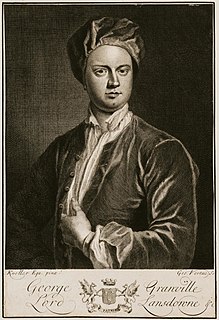A Quote by Oscar Wilde
The true critic is he who bears within himself the dreams and ideas and feelings of myriad generations, and to whom no form of thought is alien, no emotional impulse obscure.
Related Quotes
The ignorant man is not free, because what confronts him is an alien world, something outside him and in the offing, on which he depends, without his having made this foreign world for himself and therefore without being at home in it by himself as in something his own. The impulse of curiosity, the pressure for knowledge, from the lowest level up to the highest rung of philosophical insight arises only from the struggle to cancel this situation of unfreedom and to make the world one's own in one's ideas and thought.
This is how life works. Deciding whom to love is not an alien form of decision-making , a romantic interlude in the midst of normal life. Instead, decisions about whom to love are more intense versions of the sorts of decisions we make throughout the course of our existence, from what kind of gelato to order to what career to pursue. Living is an inherently emotional business.
I was the first critic ever to win a Tony - for co-authoring 'Elaine Stritch at Liberty.' Criticism is a life without risk; the critic is risking his opinion, the maker is risking his life. It's a humbling thought but important for the critic to keep it in mind - a thought he can only know if he's made something himself.
It is no exaggeration to say that every human being is hypnotized to some extent either by ideas he has uncritically accepted from others or ideas he has repeated to himself or convinced himself are true. These negative ideas have exactly the same effect upon our behavior as the negative ideas implanted into the mind of a hypnotized subject by a professional hypnotist.
The poetic impulse is distinct from ideas about things or feelings about things, though it may use these. It's more like a desire to separate a piece of one's experience & set it up on its own, an isolated object never to trouble you again, at least not for a bit. In the absence of this impulse nothing stirs.






































